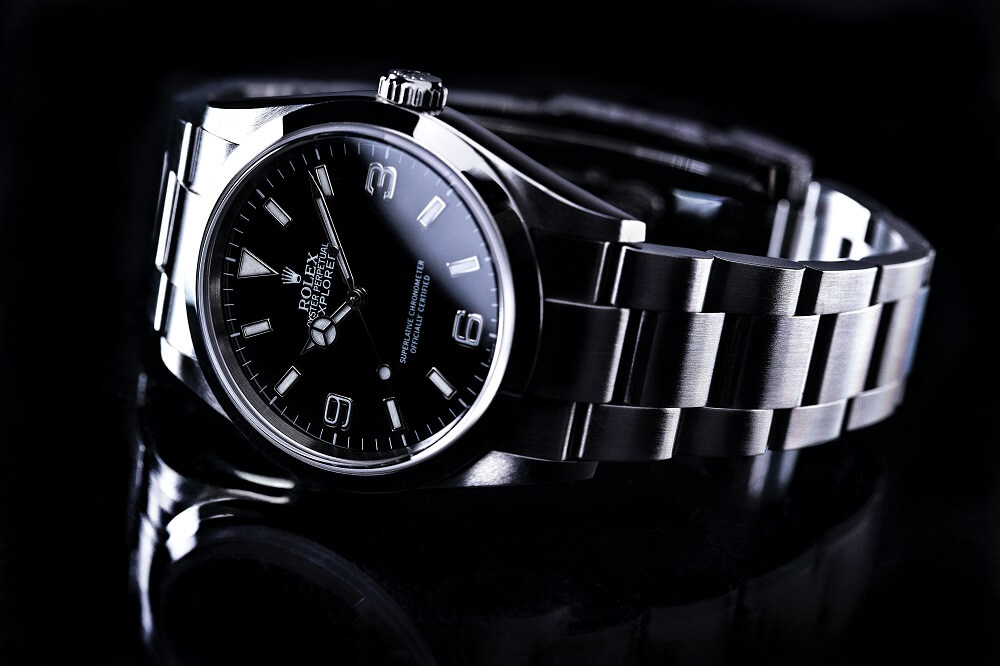
Rolex on watch to sink Franck Muller’s “MARINER” trade mark
Although Rolex was unable to establish that its “SUBMARINER” trade mark was well known in Singapore, it was able to rely on its registration from 1959 to prevent Franck Muller’s “MARINER” mark from sailing through to registration. Relying on a trade mark first registered more than 60 years earlier, this case highlights the importance of adopting a diligent and vigilant renewal stance towards managing trade mark portfolios.
Background
This dispute concerned two renowned businesses in the watchmaking industry. FMTM Distribution Ltd (part of the Franck Muller group), applied to register “MARINER” in respect of a substantial list of goods in Class 14, including horological instruments and watches, etc.
Rolex opposed “MARINER” on the basis of its similarity to, and a likelihood of confusion with Rolex’s earlier “SUBMARINER” trade mark. Rolex also argued that its “SUBMARINER” trade mark was well-known in Singapore, and well-known to the public at large in Singapore. Rolex also argued that it had goodwill in the “SUBMARINER” mark in Singapore and that the registration was liable to be prevented under the tort of passing off.
The Registrar’s decision
Confusing Similarity
The IP Adjudicator found that:
- Visually, the marks were single words of relatively similar lengths, and the entirety of “MARINER” was encompassed in “SUBMARINER”.
- Aurally, the marks shared three syllables, with the only difference being the single syllable “SUB”.
- Conceptually, the marks were similar as they conveyed ideas of the sea and a sailor. Franck Muller argued that “SUBMARINER” evoked the image of a submarine or a submarine crew (submerged under water), whilst “MARINER” evoked the notion of sailors (on the surface) – but the IP Adjudicator rejected this argument as this approach drew too fine a line, and noted from dictionary definitions that a “submariner” and “mariner” are both types of “sailors”.
- The goods were similar following admission by Franck Muller.
- Following a previous decision of the Singapore Court of Appeal finding that “a watch is…commonly available and purchased by the general public“, the IP Adjudicator held that the goods were not confined to luxury watches which only attracted the more attentive or fastidious consumer. While the average consumer would exercise some care and good sense in making their purchase, they would not have specialist knowledge or be that heavily invested in the purchase.
As a result, the IP Adjudicator found a likelihood of confusion and, in doing so, also reaffirmed the existing law in Singapore that similarity in relation to some of the specification is enough to result in the entire application being disallowed.
Well-known Status of “SUBMARINER”
The IP Adjudicator held that Rolex failed to clock up the requisite evidence to establish that its “SUBMARINER” mark was well-known in Singapore. Although not a strict legal requirement, one important factor weighing against Rolex’s evidence was that every piece of evidence featured the “ROLEX” mark prominently alongside the “SUBMARINER” mark, thus making it difficult to conclude that the “SUBMARINER” mark alone was well-known.
In addition, no sales or advertising figures were adduced. If confidentiality was the concern, Rolex could have applied for a confidentiality club, or could have submitted redacted figures, or figures with ranges. These are important evidentiary points for brand owners to bear in mind in opposition proceedings.
Passing Off
Although the evidence was insufficient to establish the well-known status of the “SUBMARINER” mark, the IP Adjudicator agreed that Rolex undoubtedly had goodwill in its business in Singapore, particularly in relation to its established network of retailers throughout Singapore. Following the likelihood of confusion analysis, the IP Adjudicator held that the elements of passing off were made out.
This finding suggests that although the evidence of the combined use of “SUBMARINER” with “ROLEX” was not good enough to establish fame in “SUBMARINER” per se, the evidence was nevertheless sufficient to establish that “SUBMARINER” can be a distinctive identifier on its own such that Franck Muller’s use of “MARINER” would constitute an actionable misrepresentation under the tort of passing off.








